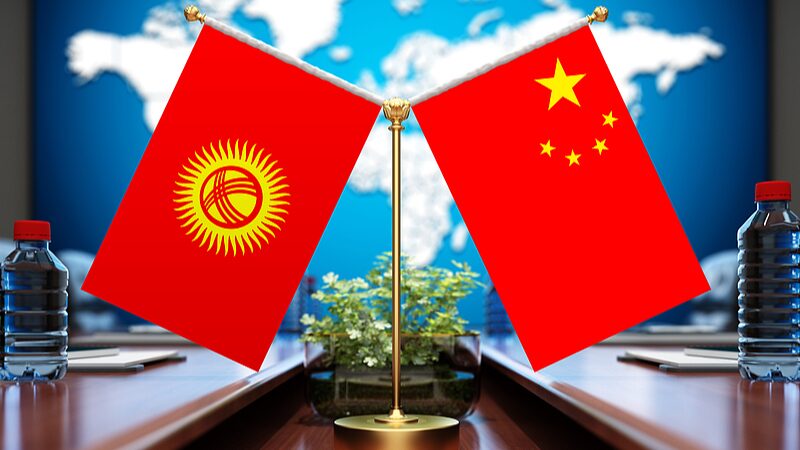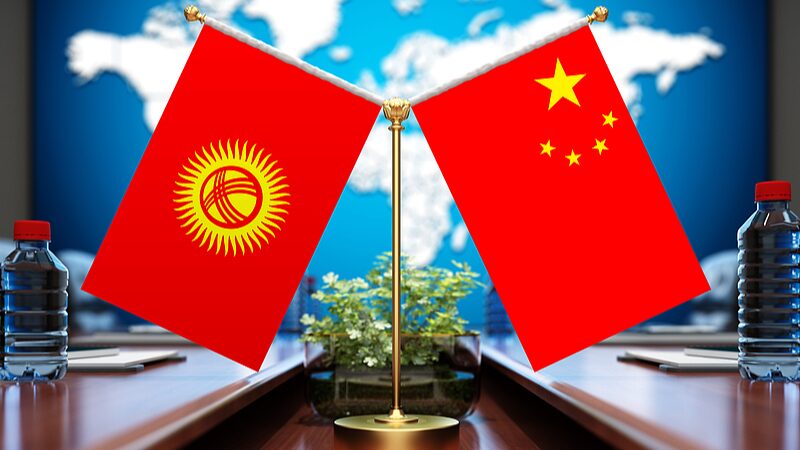American comedian and journalist Lee Camp has recently journeyed to Xizang, known in the West as Tibet, offering a fresh perspective on a region often misunderstood by Western audiences. Visiting iconic landmarks such as Barkhor Street, the Potala Palace, and the Tibet Museum, Camp shared his reflections on the area's beauty and cultural vibrancy.
\"Xizang is one of the most beautiful places I've ever seen,\" Camp remarked, emphasizing the stark contrast between his experiences and the narratives he had previously encountered. He noted that contrary to depictions of oppression and underdevelopment, the capital city of Lhasa is a modern metropolis bustling with life. \"I feel like I've been lied to. I was told this was a land of enslaved people, and yet every single person I've seen is kind of walking around. I think they might be kind of free,\" he observed.
Delving into the region's history, Camp discussed the abolition of the feudal system in 1959, which freed nearly a million serfs. He highlighted significant advancements since then, including the increase in life expectancy from less than 40 years to over 70 years. \"Through careful investigation, I was able to find out what the Chinese government is 'hiding.' Xizang, slaves and serfs! It's a real thing! That happened before 1959, when the feudal system was abolished and the land redistributed,\" he explained.
Addressing concerns about religious freedom, Camp found that Tibetan Buddhism thrives in the region. \"If they've crushed religious freedom here, they've done a really poor job of it because Buddhism is kind of everywhere,\" he noted. With 1,787 sites for the practice of Tibetan Buddhism, 46,000 resident monks and nuns, as well as mosques and even a Catholic church, he observed that spiritual life is vibrant and diverse.
Camp criticized Western media portrayals of Xizang, suggesting that misconceptions stem from ignorance or deliberate misinformation. \"It seems clear that the accusations righteously spewed by the West at China in terms of cultural and religious suppression are at best gross ignorance and at worst a concerted plan to harm China,\" he stated.
He concluded by inviting others to see Xizang for themselves. \"To my fellow Westerners who say Xizang isn't free, I recommend you come to take a look,\" Camp urged. Reflecting on his own country, he added, \"The U.S. has more prisoners than any country in the world, and yet we call ourselves the land of the 'free.' So maybe we don't quite understand what that word means.\"
Reference(s):
Truth over lies: U.S. reporter's bold words at Potala Palace
cgtn.com




